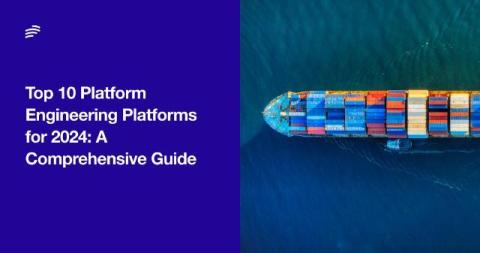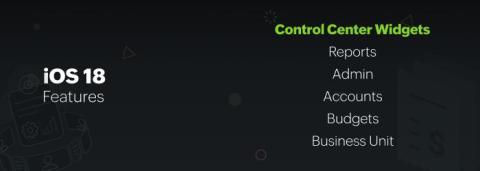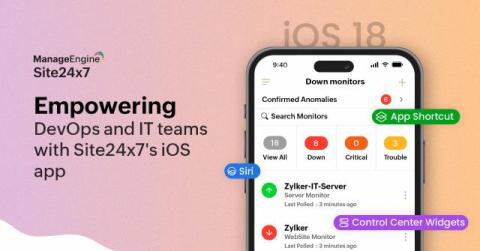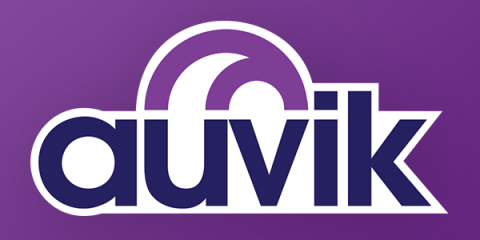Top 7 Platforms for Ephemeral Environments (September 2024 Edition)
In the ever-evolving software development landscape, ephemeral environments are short-lived, automated setups used for testing, staging, or development. These environments exist only temporarily—created when necessary and destroyed afterward—allowing developers to work in isolation without impacting others. Ephemeral environments are crucial for efficient, conflict-free development, accelerating time-to-market, and enhancing team collaboration.











